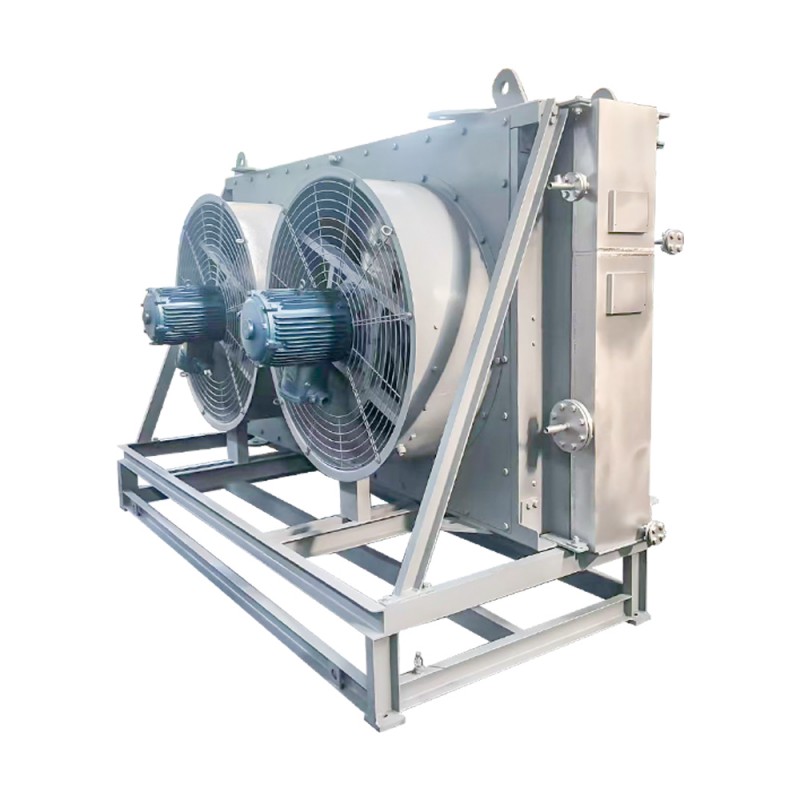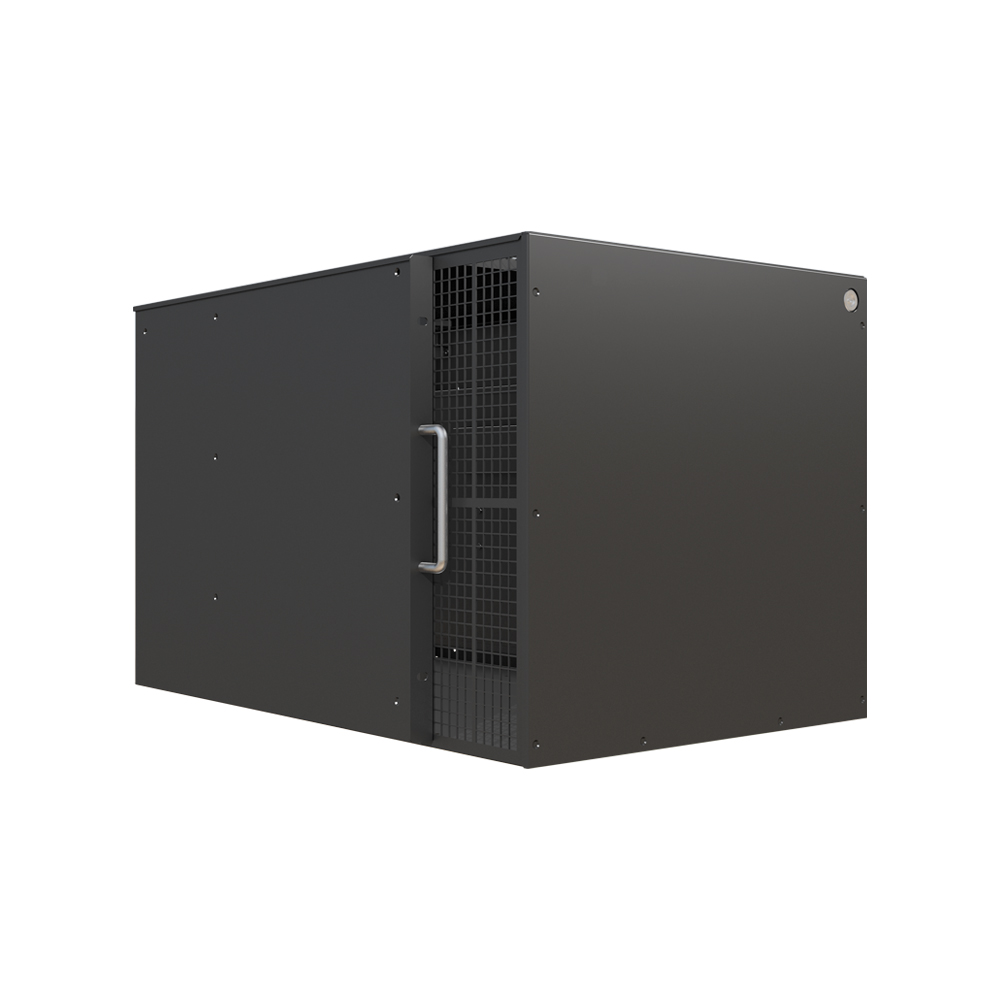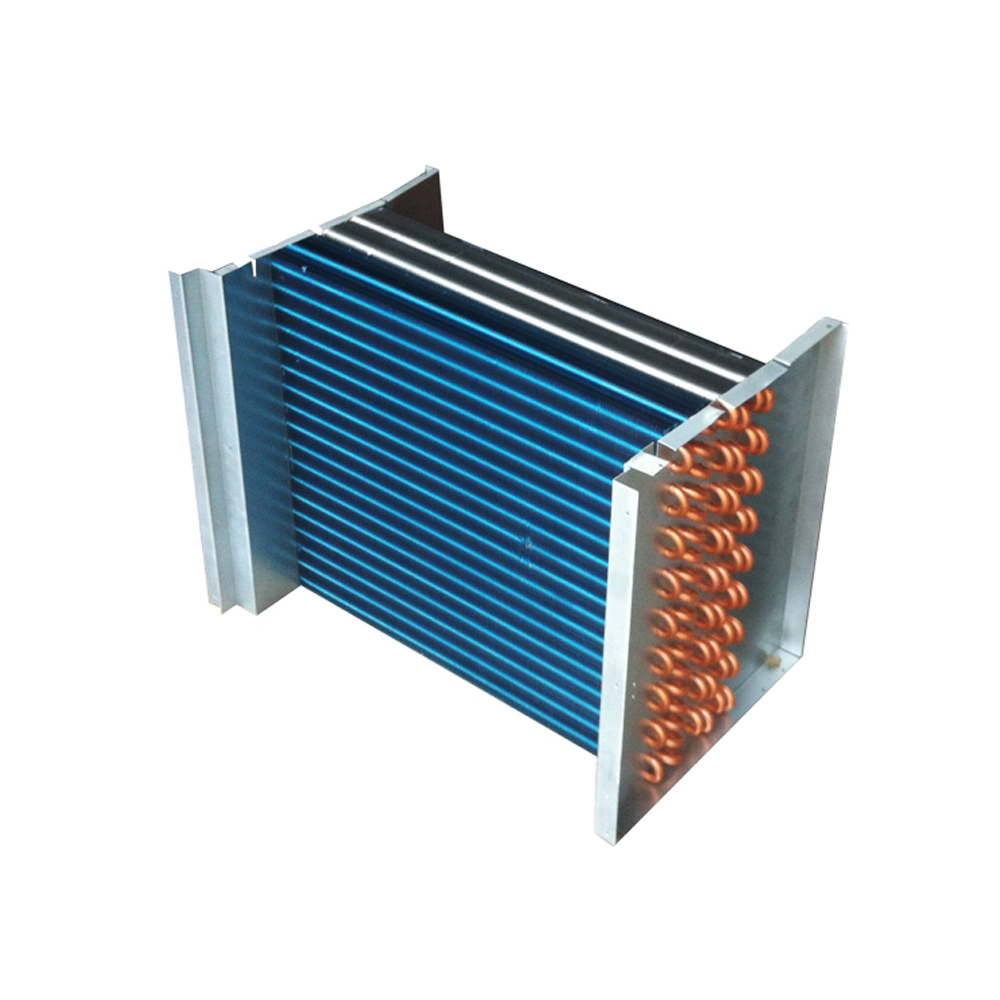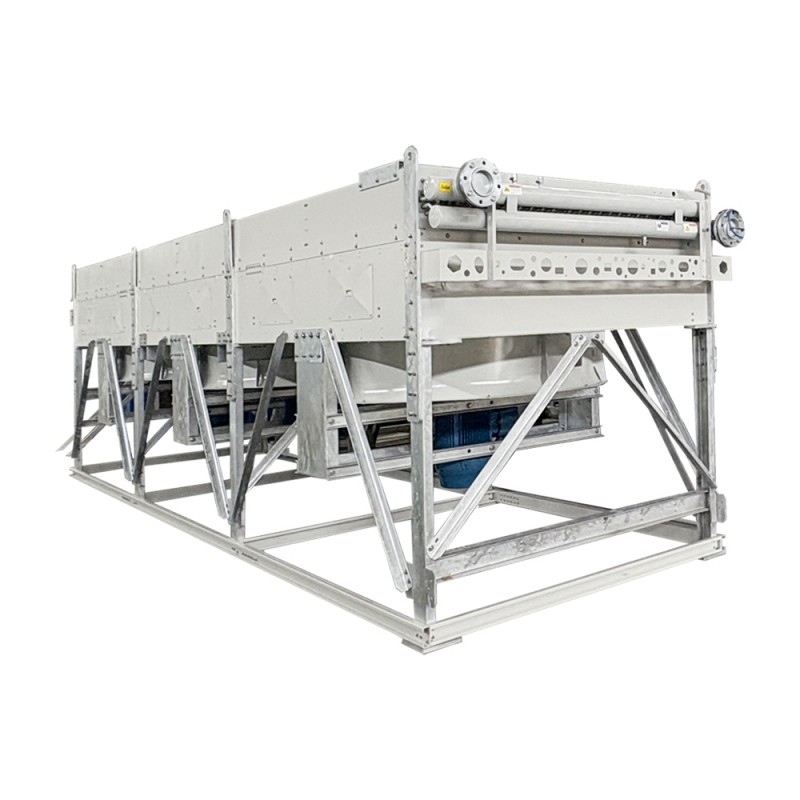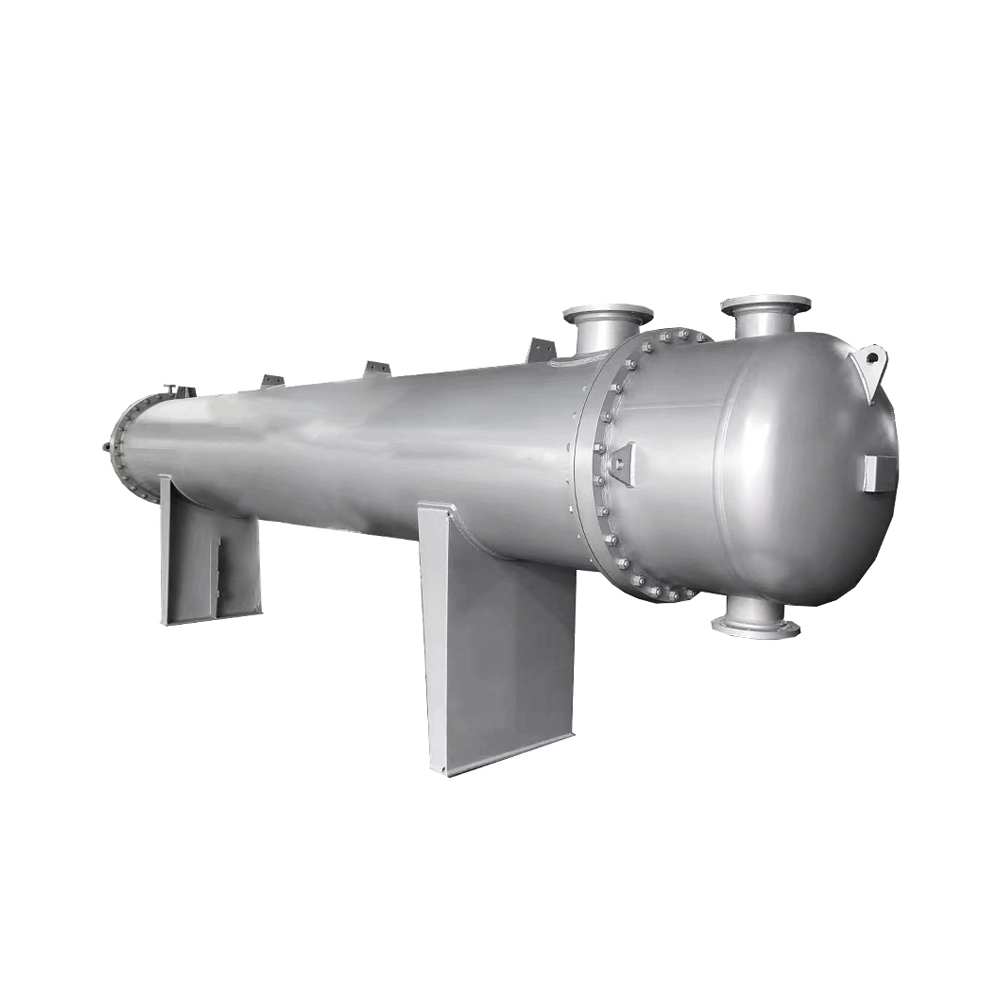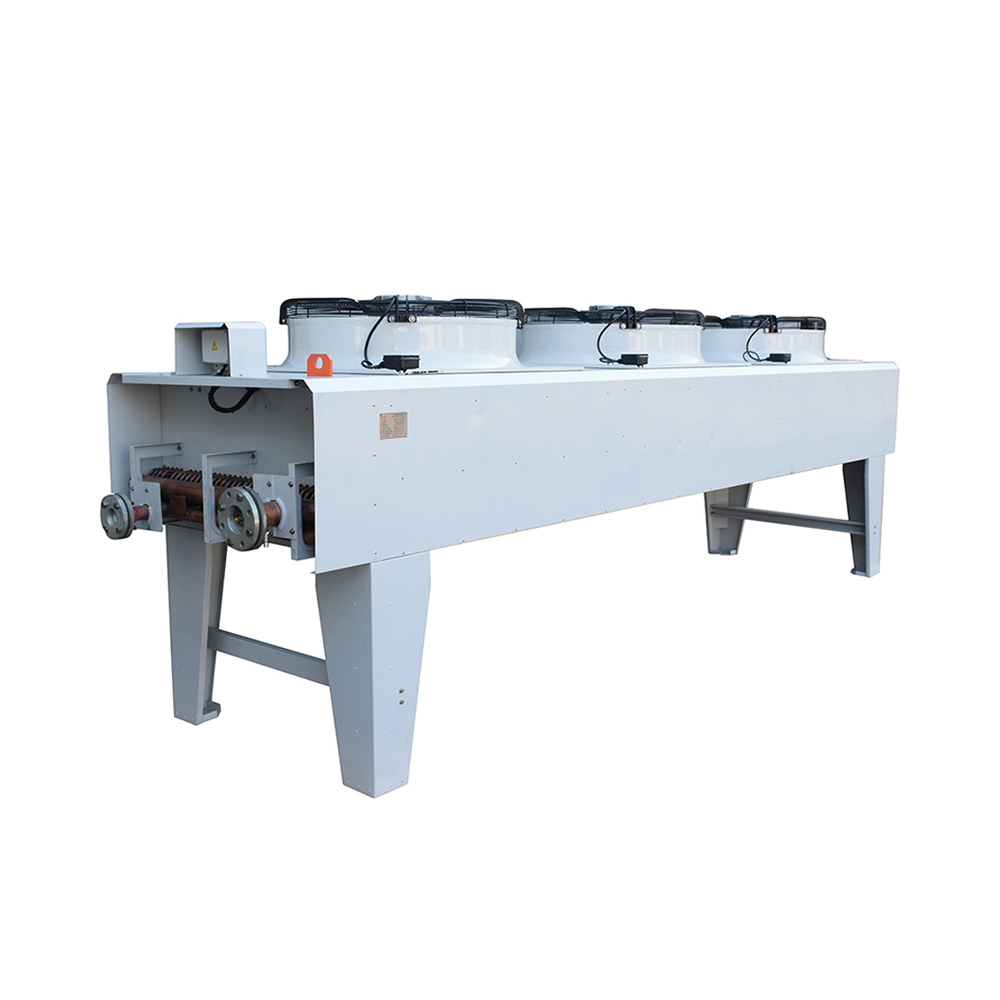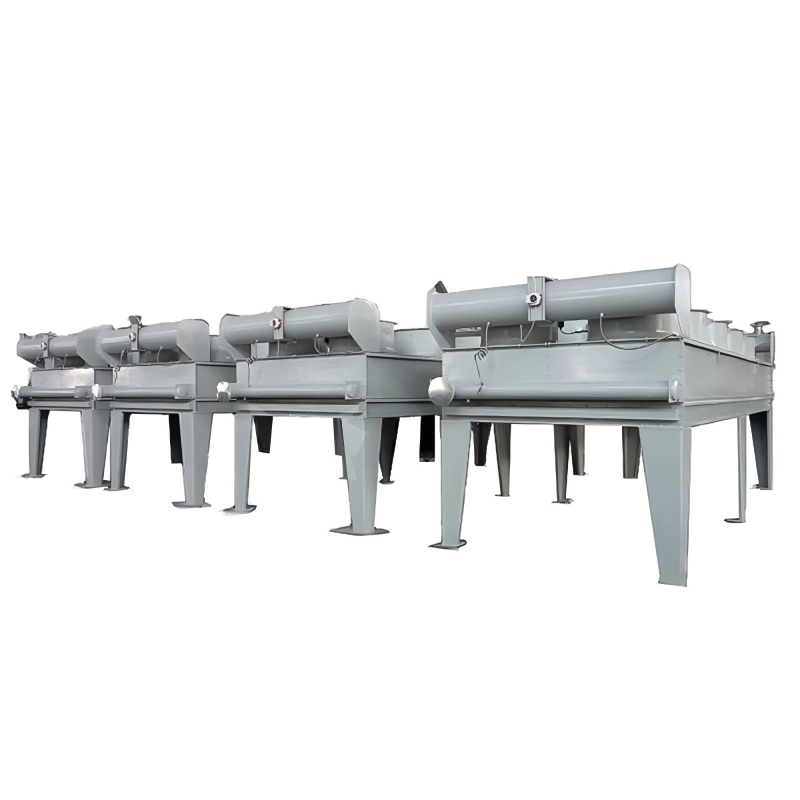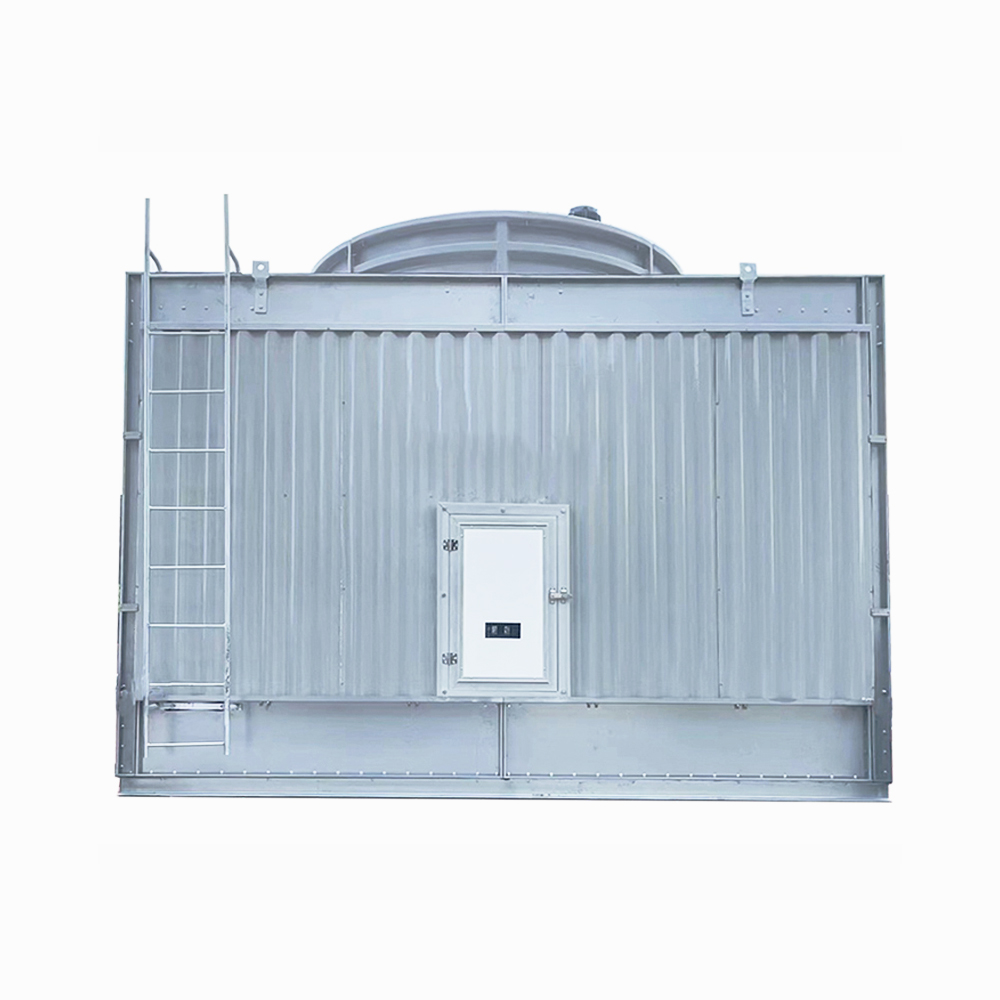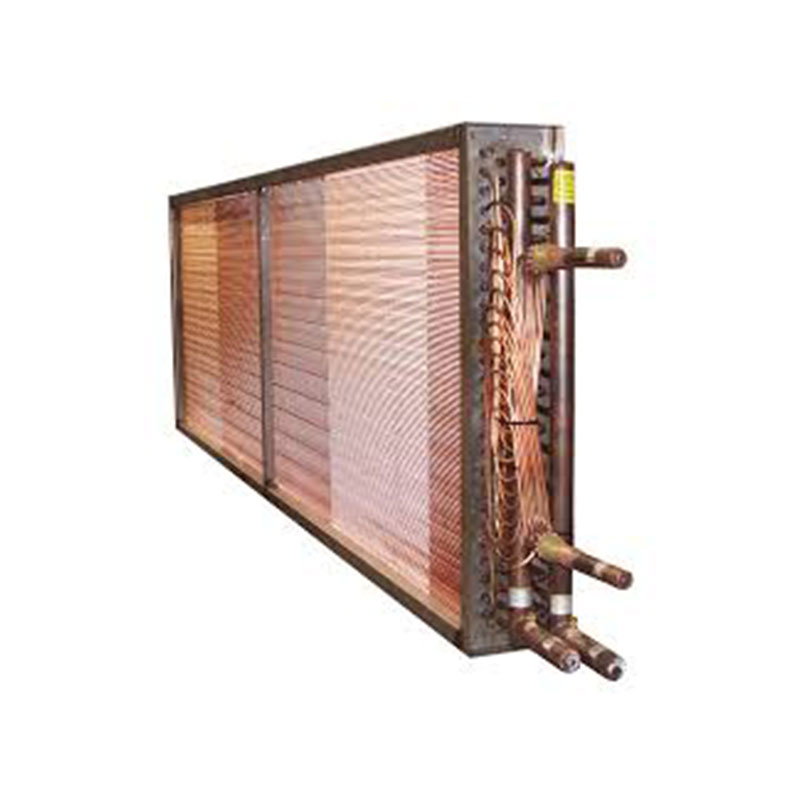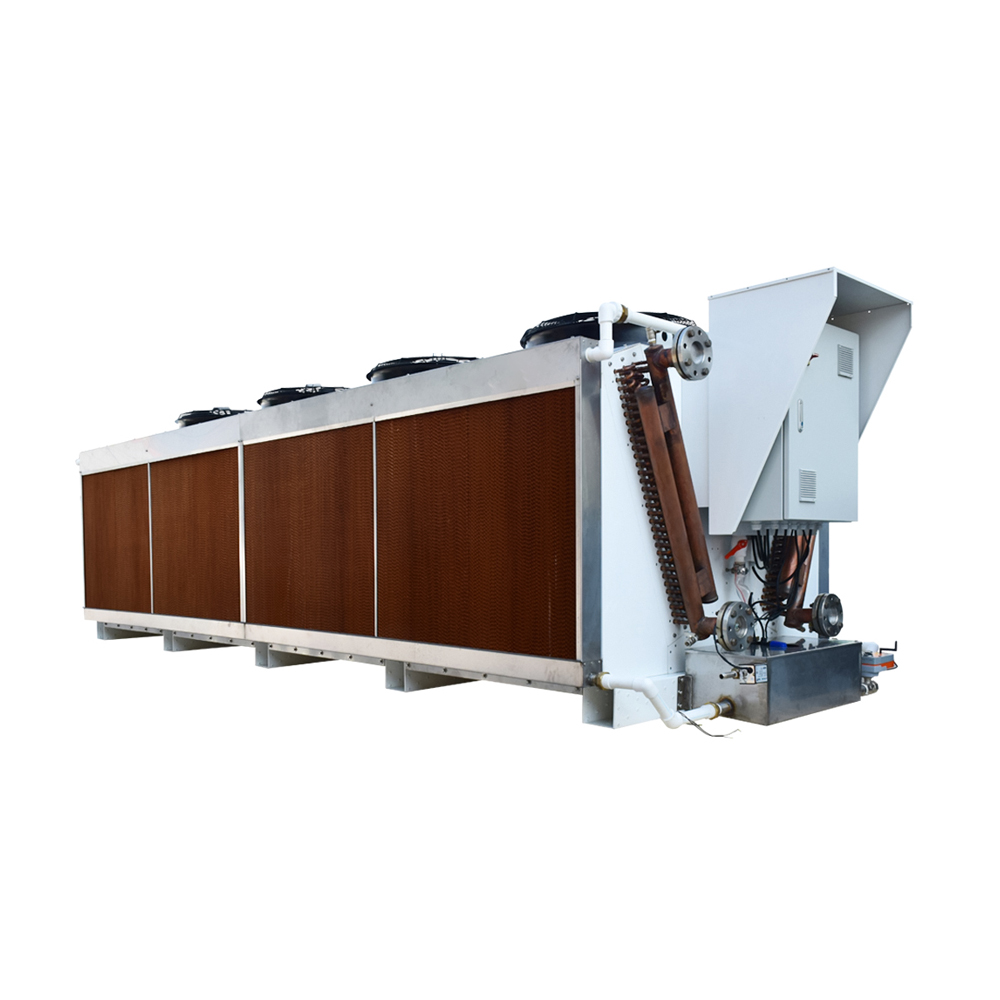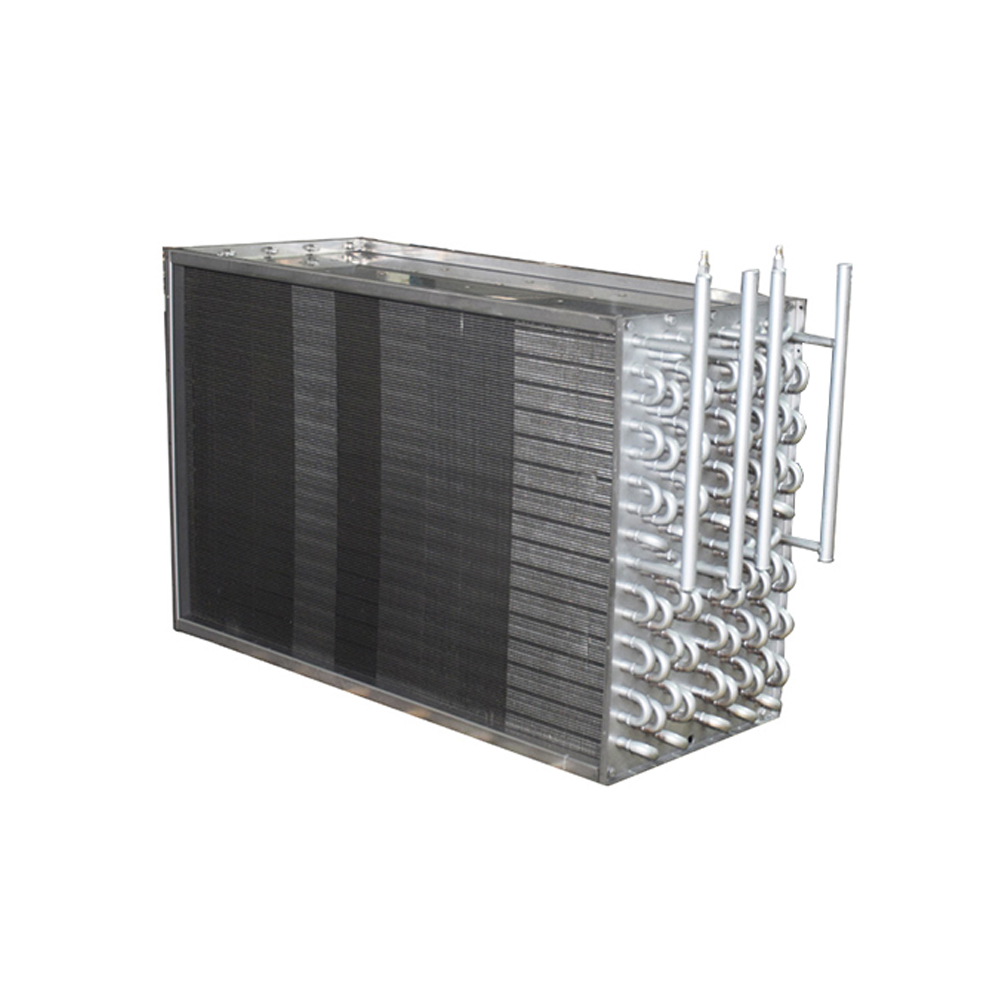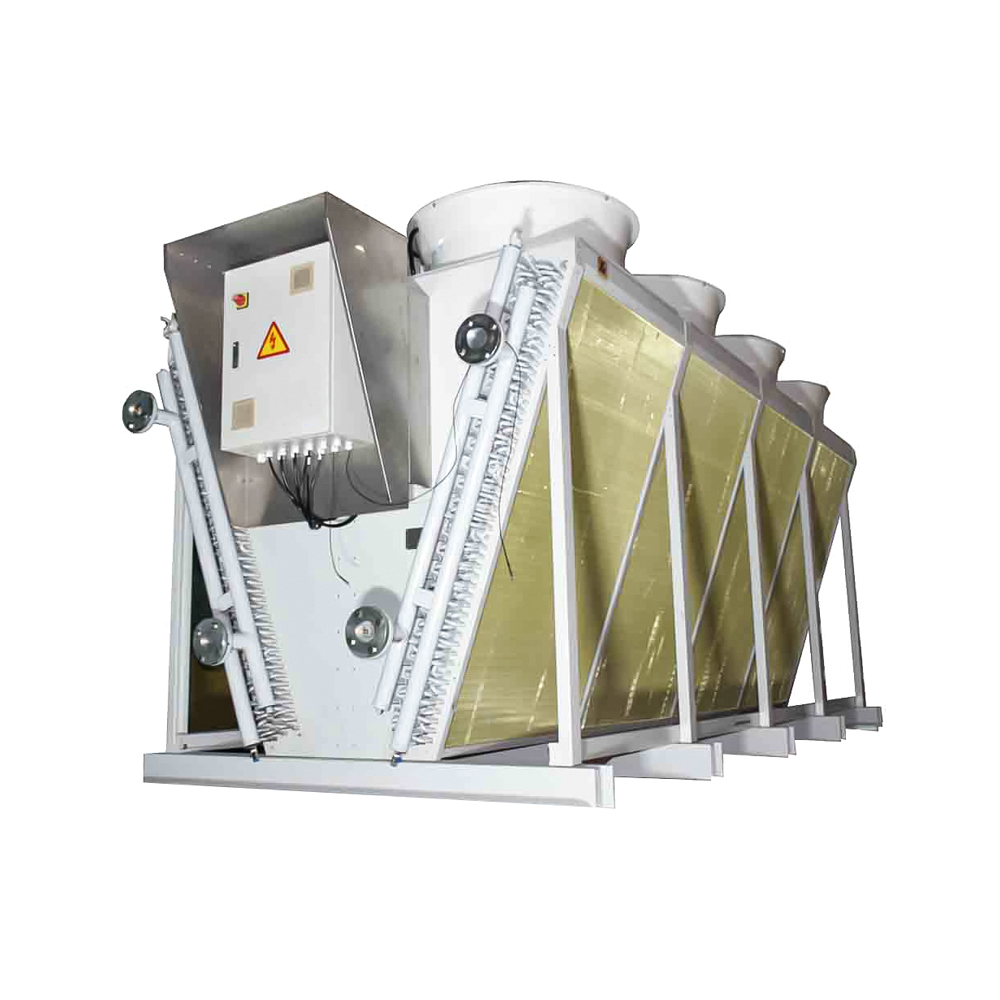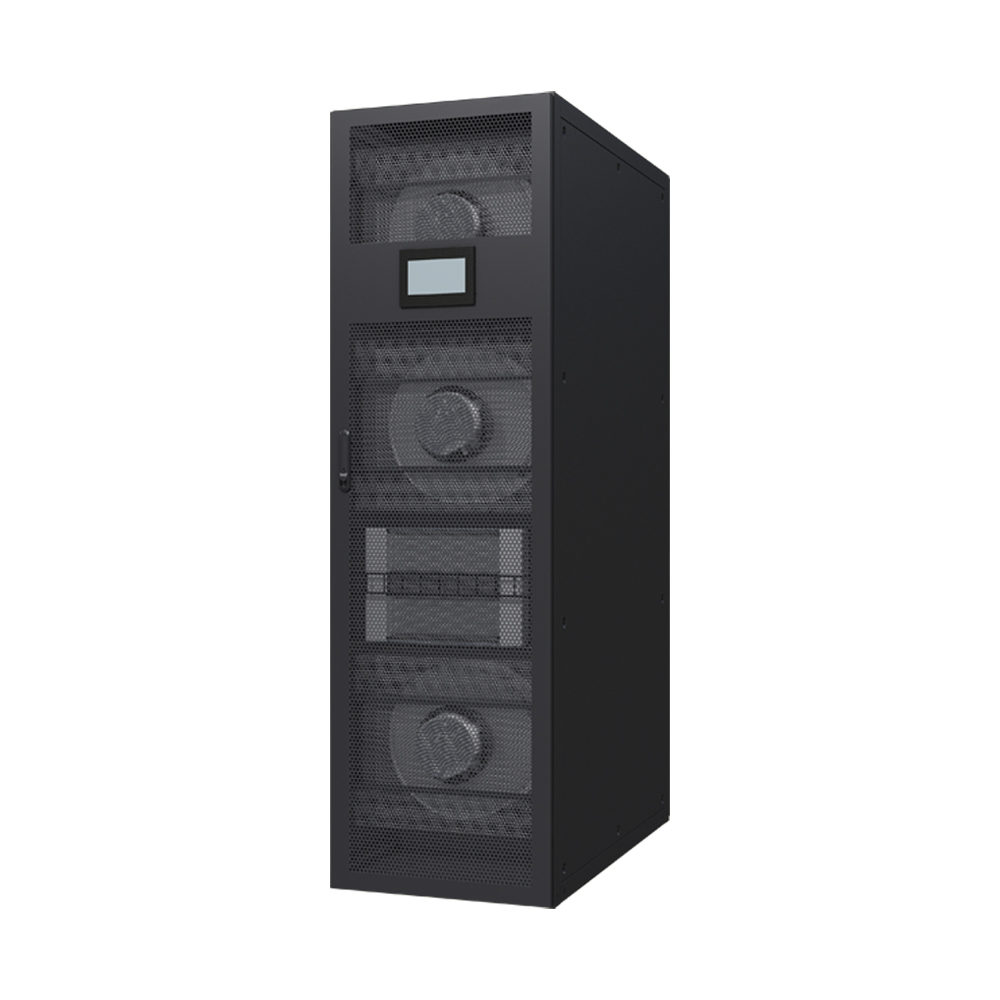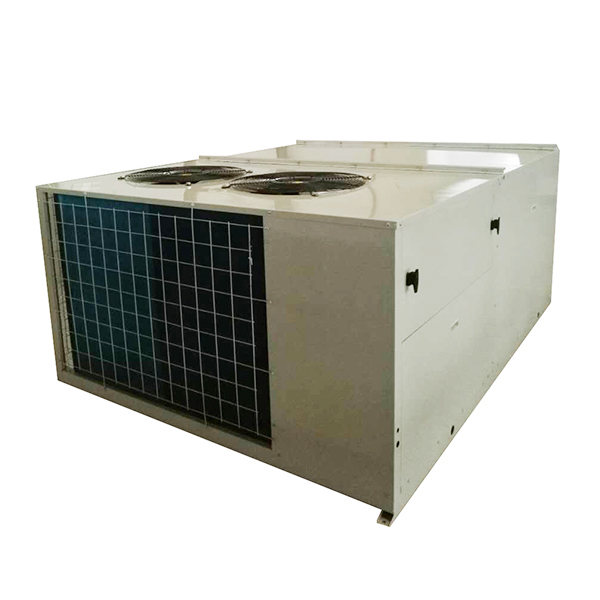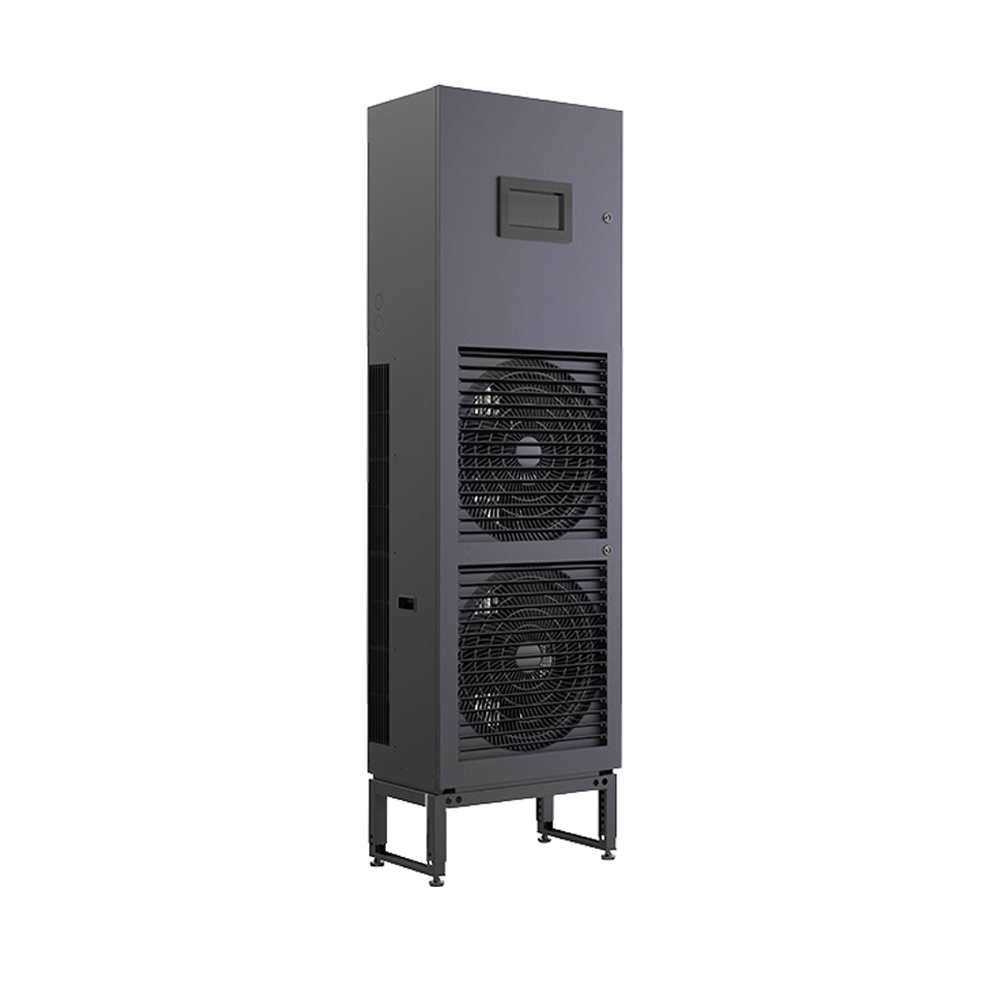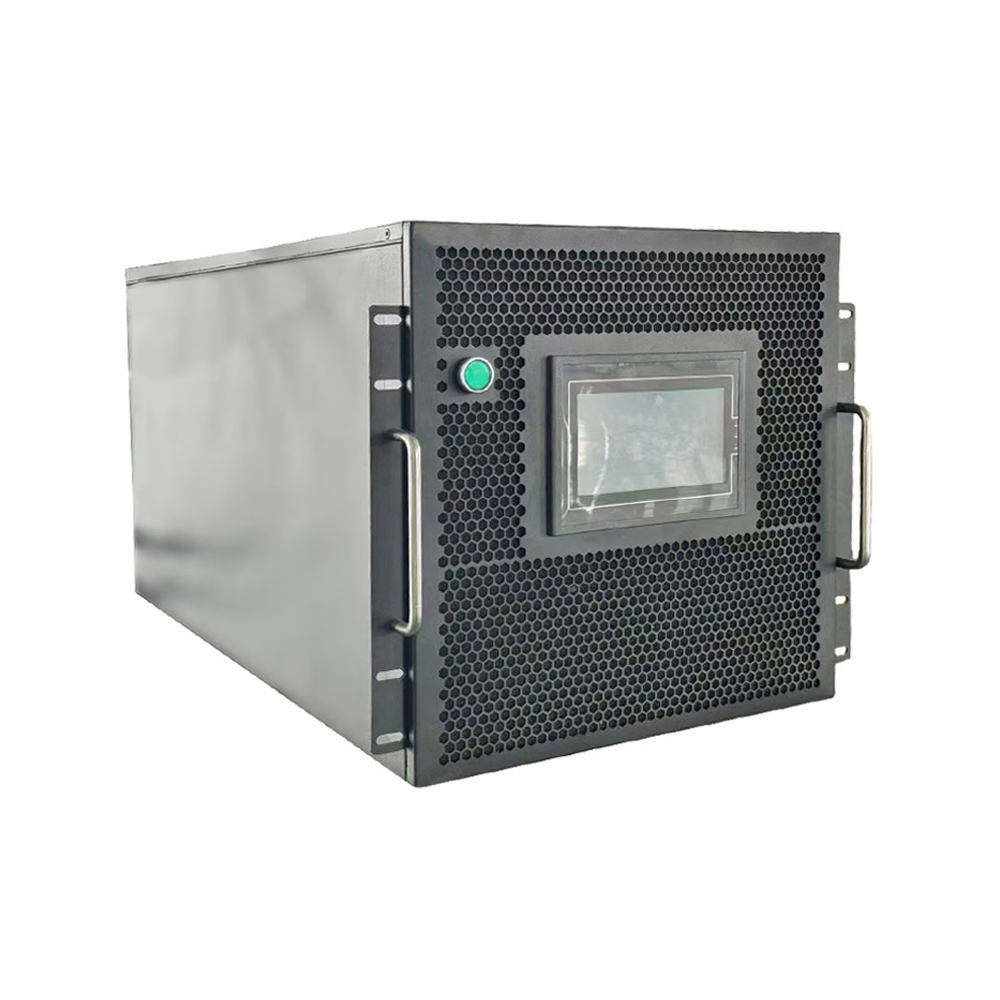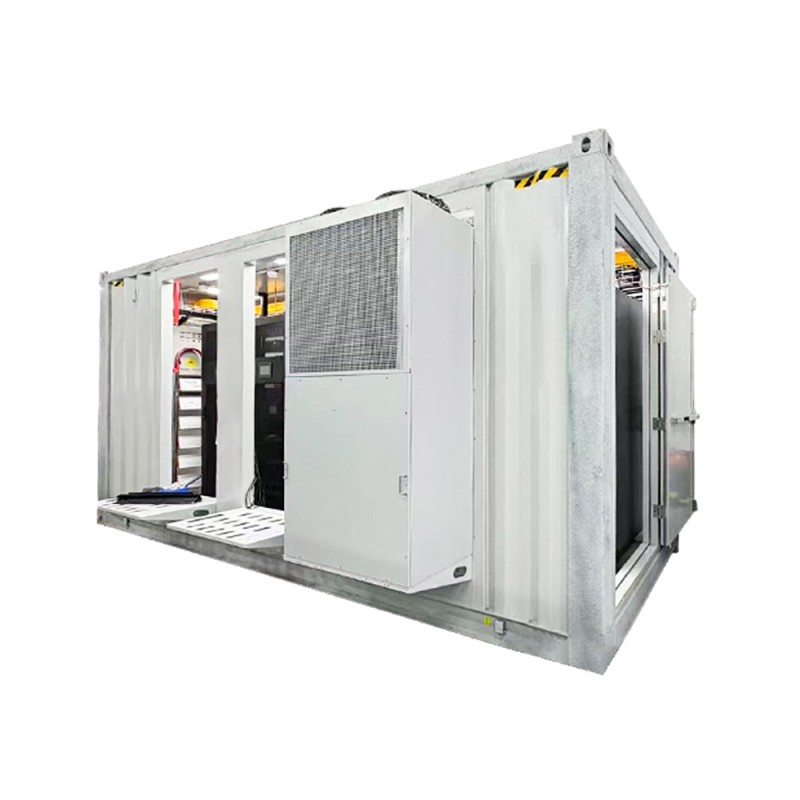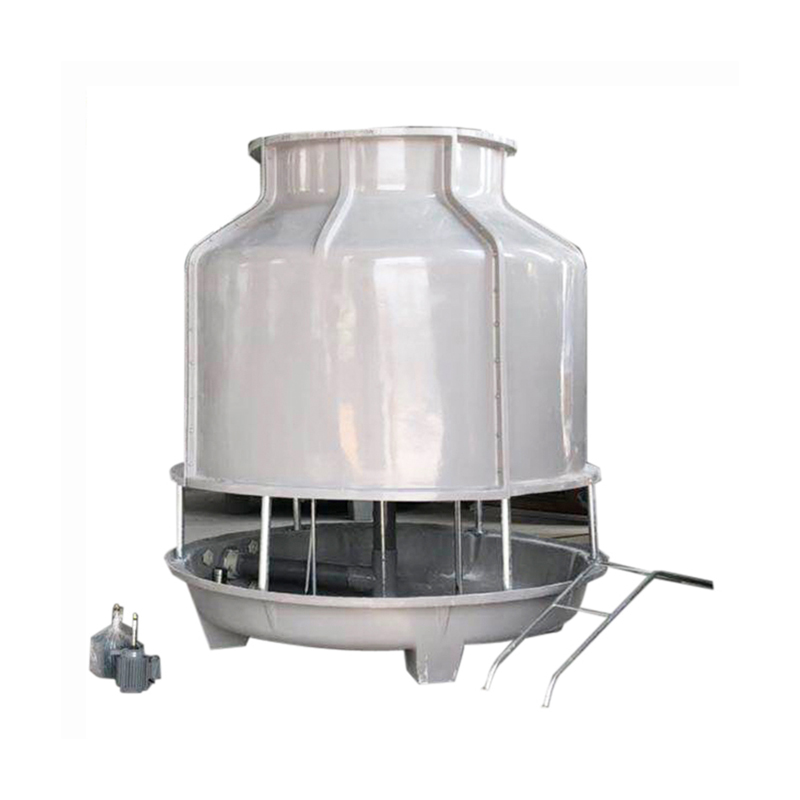This guide helps you navigate the complexities of sourcing OEM HVAC condenser suppliers, providing insights into selection criteria, key considerations, and best practices to ensure you find the perfect partner for your needs. We'll explore critical factors like manufacturing capabilities, quality control, and long-term partnerships. Discover how to optimize your search and make informed decisions for a successful HVAC project.
Understanding Your HVAC Condenser Needs
Defining Your Specifications
Before embarking on your search for an OEM HVAC condenser supplier, clearly define your project's requirements. Consider factors such as the desired cooling capacity (BTU/hr), refrigerant type (R-410A, R-32, etc.), voltage requirements, operating temperature range, and dimensions. Precise specifications minimize delays and ensure compatibility with your overall HVAC system.
Volume and Delivery Requirements
Determine your production volume and anticipated delivery timelines. This information is crucial for selecting a supplier with the capacity to meet your demands consistently. Large-scale projects may require suppliers with significant manufacturing capabilities, while smaller projects may be suitable for suppliers with more agile production processes. Consider lead times, order minimums, and potential for just-in-time delivery.
Choosing the Right OEM HVAC Condenser Supplier
Assessing Manufacturing Capabilities
Investigate the supplier's manufacturing facilities and processes. Look for evidence of advanced technologies, efficient workflows, and quality control measures. A reputable OEM HVAC condenser supplier will readily share information about their production capabilities and certifications. Consider visiting their facilities (if feasible) to witness their operations firsthand. Are they equipped to handle your specific condenser design and volume requirements? Do they utilize automated assembly lines or rely primarily on manual labor? These details impact efficiency and cost.
Evaluating Quality Control and Certifications
Quality is paramount. Check for relevant certifications like ISO 9001 (quality management systems) or UL (safety standards). Inquire about the supplier's quality control procedures, testing methods, and defect rates. Request samples of their condensers and examine them carefully for workmanship and material quality. A robust quality control system minimizes the risk of defective products and associated costs.
Exploring Long-Term Partnership Potential
Building a strong, long-term relationship with an OEM HVAC condenser supplier is essential for consistent quality, reliable delivery, and cost-effective procurement. Consider their responsiveness, communication, and commitment to collaboration. A partner who prioritizes open communication and proactive problem-solving is more likely to be a valuable asset to your business.
Key Factors to Consider
Pricing and Payment Terms
Obtain detailed pricing information, including unit costs, minimum order quantities, and any associated fees. Negotiate favorable payment terms and discuss potential discounts for bulk orders. Compare pricing from multiple suppliers to ensure you're getting competitive rates. Remember to factor in shipping costs and potential customs duties.
Warranty and Support
Clarify the warranty offered on the condensers and the level of technical support provided. A comprehensive warranty protects you from potential defects and provides peace of mind. Excellent technical support is crucial for resolving issues quickly and efficiently.
| Feature | Supplier A | Supplier B |
| Manufacturing Capacity | 10,000 units/month | 5,000 units/month |
| Certifications | ISO 9001, UL | ISO 9001 |
| Warranty | 2 years | 1 year |
Finding Reliable OEM HVAC Condenser Suppliers
Your search for the ideal OEM HVAC condenser supplier can begin online through industry directories, trade shows, and online marketplaces. Remember to conduct thorough due diligence on any potential supplier before entering into a business agreement. Consider requesting references and speaking with existing clients to gather firsthand feedback on their experiences.
For high-quality OEM HVAC condensers and exceptional service, consider contacting Shanghai SHENGLIN M&E Technology Co.,Ltd. They offer a wide range of options to meet diverse project needs.
1 (Include citations for any specific data or statistics used in the comparison table.)









